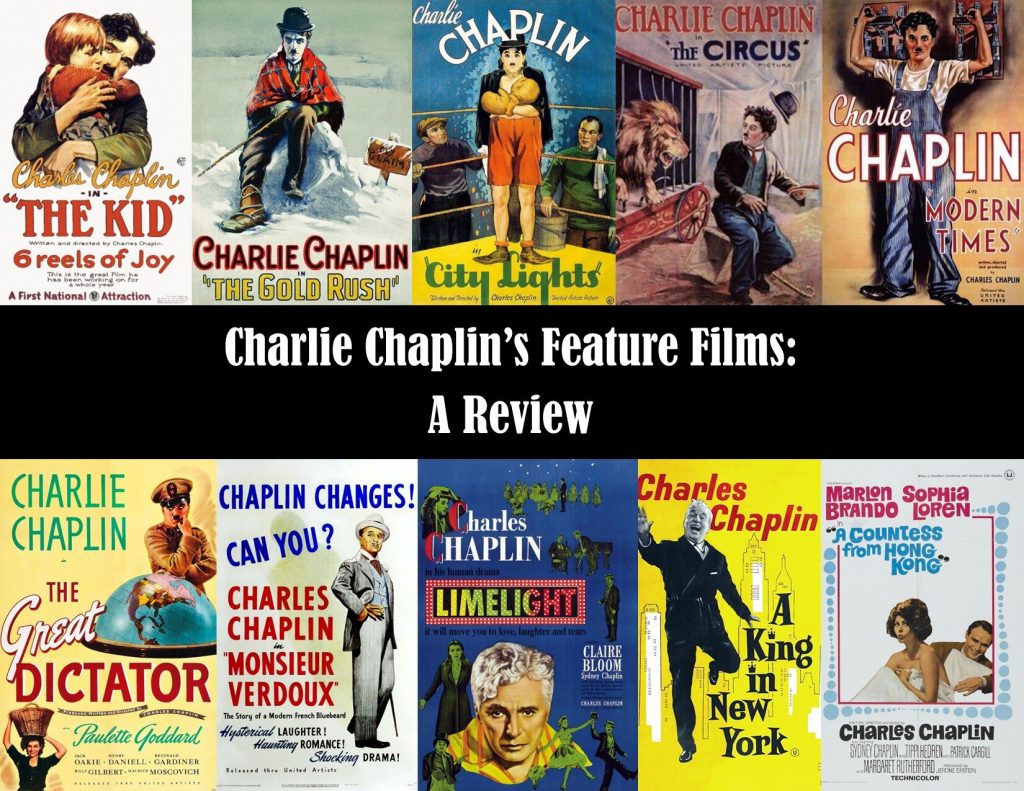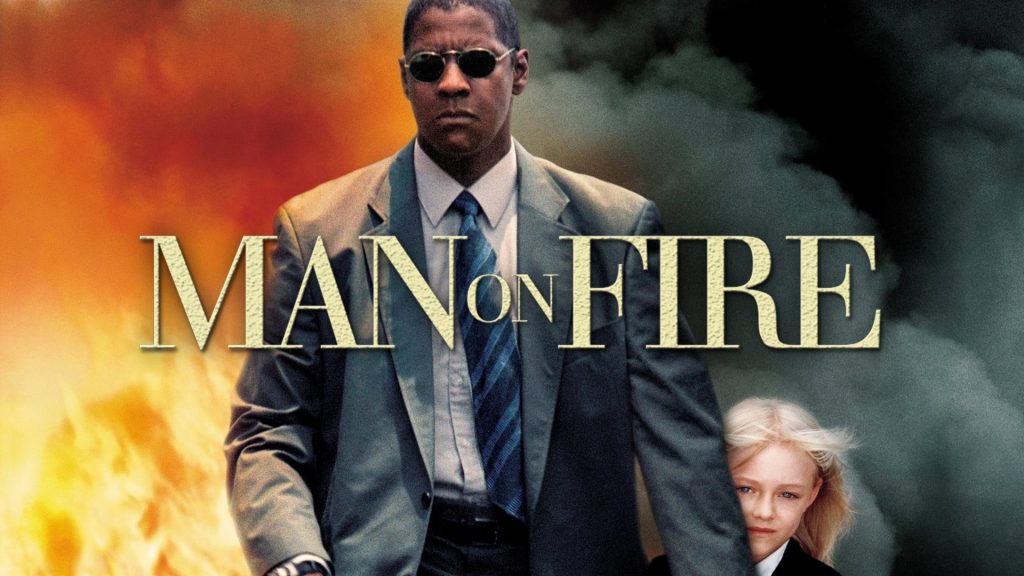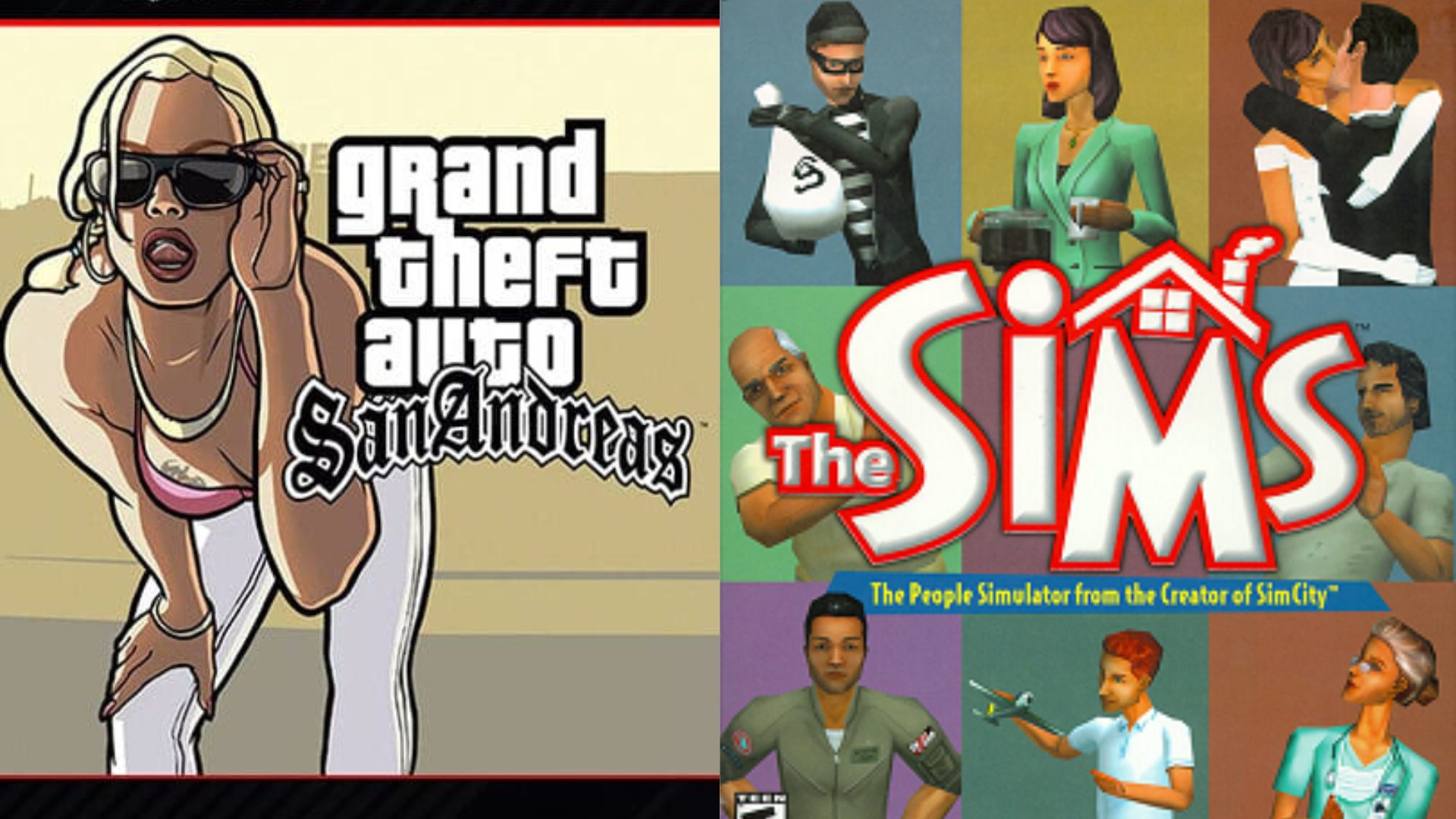Movies and TV series
The movie or motion picture industry encompasses the technological and commercial institutions producing, distributing, and exhibiting films. It’s a multi-billion-dollar global enterprise that shapes culture, reflects societal values, and provides entertainment to millions.
The film industry’s origins can be traced back to the late 19th century. Early pioneers like Thomas Edison and the Lumière Brothers were instrumental in developing motion picture technology.
Table of contents
Movie industry back then
In the early 20th century, silent films dominated, with stars like Charlie Chaplin and Buster Keaton becoming household names. Iconic studios like Universal and Paramount were established during this period.

The 1930s to 1950s is considered the “Golden Age.” Sound was introduced, color film became more common, and stars like Marilyn Monroe and James Dean rose to fame. Major studios like MGM, Warner Bros., and 20th Century Fox controlled the industry.
In the late 20th century, they brought technological advancements like CGI and the digital revolution, blockbuster franchises like Star Wars and Indiana Jones, and superhero movies like those from the Marvel Cinematic Universe (MCU). Directors like Steven Spielberg, George Lucas, and James Cameron became household names.
Movie industry now
The movie and series industry in the 21st century has undergone transformative changes driven by technological advancements, shifts in consumer behavior, and global market expansion. Digital filmmaking has replaced traditional methods, offering greater flexibility and reduced costs, with innovations in CGI enhancing visual storytelling.
The rise of streaming services like Netflix, Amazon Prime Video, Disney+, Hulu, and HBO Max has revolutionized content distribution, enabling on-demand access and fostering binge-watching. This has democratized access to diverse, international content and disrupted traditional box office and TV models, making streaming platforms major content creators.
Emphasis on diverse narratives and inclusion in casting and storytelling is more pronounced, while social media and digital marketing enhance real-time audience engagement. The industry continuously adapts to new technologies and cultural shifts, broadening storytelling horizons and integrating AR and VR for interactive experiences.
Data analytics and AI help tailor content to audience preferences, while sustainability efforts are increasingly prioritized.
My favorite movies and TV shows
When I spend evenings relaxing, I watch movies and TV series. One of my all-time favorite films is “Man on Fire.” It is a 2004 action/thriller movie and, of course, one of the best classics, “Forrest Gump.” It never gets old.

Finding a good movie can be challenging. Picking a good one takes time. Sometimes, I watch the same films repeatedly, with a few years’ interval between them. Every time I rewatch the movie, I see it differently. Since my mind changed over those years, my thinking also changed, so every time, I find something new in the same movie. New details, new meanings, new facts! I love it!
I love TV series because once I pick a series, I have a set lineup of episodes to watch for several days, which means I don’t have to spend time deciding what to watch each time I open a streaming platform, and it saves time.
Some of my favorite series are “Friends,” “The Big Bang Theory,” and “Two and a Half Men.” These shows offer a perfect blend of humor, memorable characters, and relatable situations that make me look forward to each episode.
Just like movies, I also rewatch TV series. For example, I’ve seen all seasons of “Friends” at least fifteen times in two languages.

Since I’ve seen this shoe many times, I remember most of the episodes and lines. I can use it to practice other languages I’m trying to learn. For example, I started to watch “Friends” in this and didn’t have to understand it because I remembered the line, so I translated it directly from Spanish to the language I know.
This method has made language learning both enjoyable and effective for me. It highlights how versatile TV shows and movies can be as educational tools beyond just entertainment.

Why the movie industry is fantastic
The movie industry is fantastic because it has the power to transport audiences to different worlds and evoke a wide range of emotions. It combines diverse talents, from actors and directors to writers and special effects artists, to create captivating stories. Through innovative technology and storytelling, it continues to inspire, entertain, and connect people globally.



